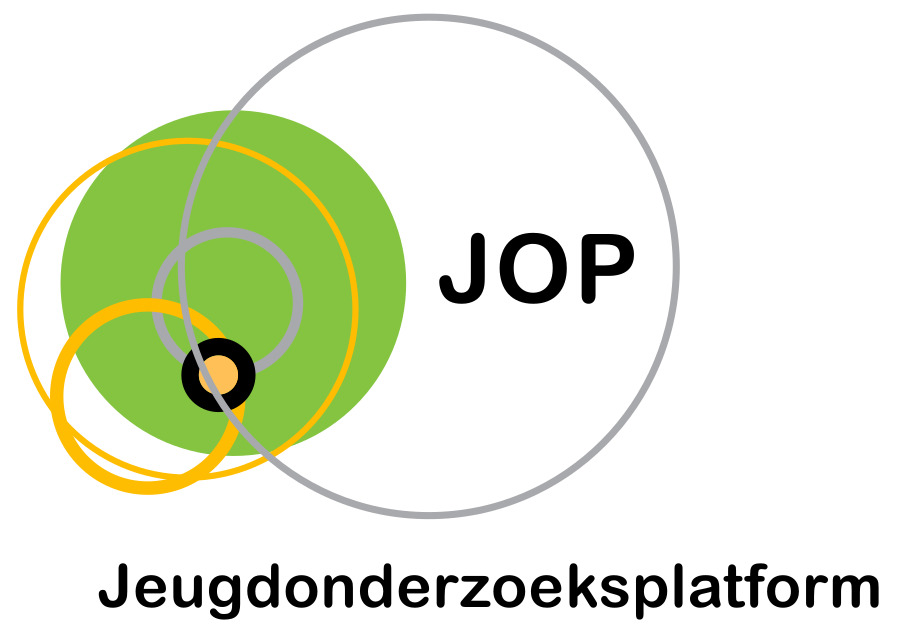Stimulating citizenship or expanding entertainment? The effect of Facebook on adolescent participation
Auteurs
Theocharis, Y., & Quintelier, E. (2016)

Abstract
De afgelopen tien jaar heeft de wetenschap over internet en politiek zich beziggehouden met de effecten van internet op vormen van burger- en politieke participatie. Recent onderzoek heeft zich gericht op de effecten van sociale netwerksites zoals Facebook. Hoewel eerdere studies doorgaans positieve – zij het zwakke of matige – verbanden hebben gevonden tussen het gebruik van sociale netwerksites en burger- en politieke participatie, heeft het gebruik van cross-sectionele enquêtes geen sluitend bewijs opgeleverd voor de richting van de causaliteit. Wij gebruiken een panelonderzoek in twee golven bij 15- en 16-jarigen om te onderzoeken hoe Facebookgebruik verschillende vormen van politieke en niet-politieke, op vermaak gerichte, participatie (zowel online als offline) beïnvloedt. We vinden dat Facebook-gebruik positief samenhangt met burger- en amusementsgerichte participatie, maar niet met online of offline politieke participatie. Verdere analyse met behulp van structural equation modelling laat zien dat eerdere niveaus van burgerparticipatie een sterker effect hebben op Facebook-gebruik dan Facebook-gebruik heeft op burgerparticipatie. Facebookgebruik leidt alleen duidelijk tot amusementsgerichte participatie. De implicaties van deze bevindingen worden besproken.
Over the past decade, Internet and politics scholarship has been concerned with the effects of the Internet on forms of civic and political participation. Recent research has moved on to examine the effects of social networking sites like Facebook. Although past studies have generally found positive – albeit weak or moderate – relationships between social networking sites use and civic and political participation, reliance on cross-sectional surveys has not produced conclusive evidence of the direction of causality. We use a two-wave panel survey of 15- and 16-year-olds to examine how Facebook use affects various forms of political and non-political entertainment-oriented participation (both online and offline). We find that Facebook use is positively related to civic and entertainment-oriented, but not to online or offline political, participation. Further analysis using structural equation modelling shows that prior levels of civic participation have a stronger effect on Facebook use than Facebook use has on civic participation. Facebook use only leads clearly to entertainment-oriented participation. The implications of these findings are discussed.
Referentie
Theocharis, Y., & Quintelier, E. (2016). Stimulating citizenship or expanding entertainment? The effect of Facebook on adolescent participation. New Media & Society, 18(5), 817–836.
Taal
Engels
Publicatievorm
Trefwoorden
Civic engagement, creative participation, Facebook, political participation social media, social networking sites, young people
